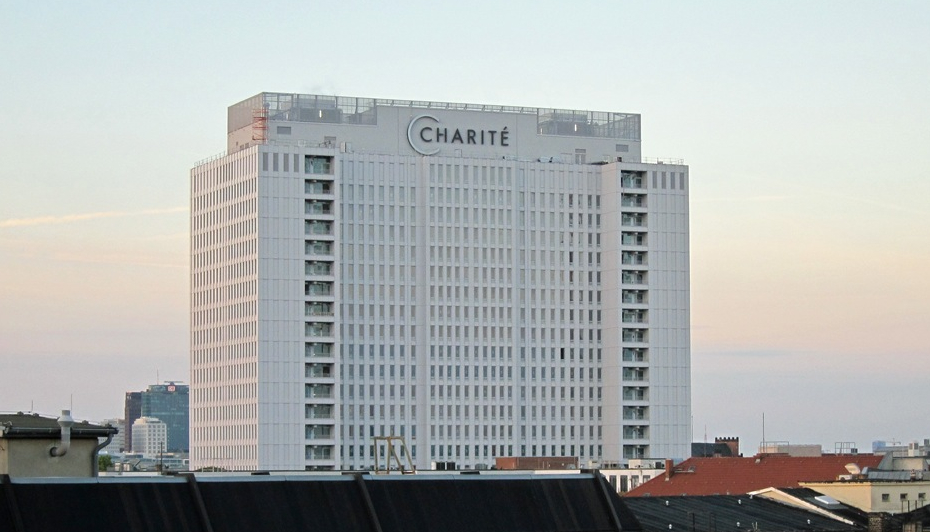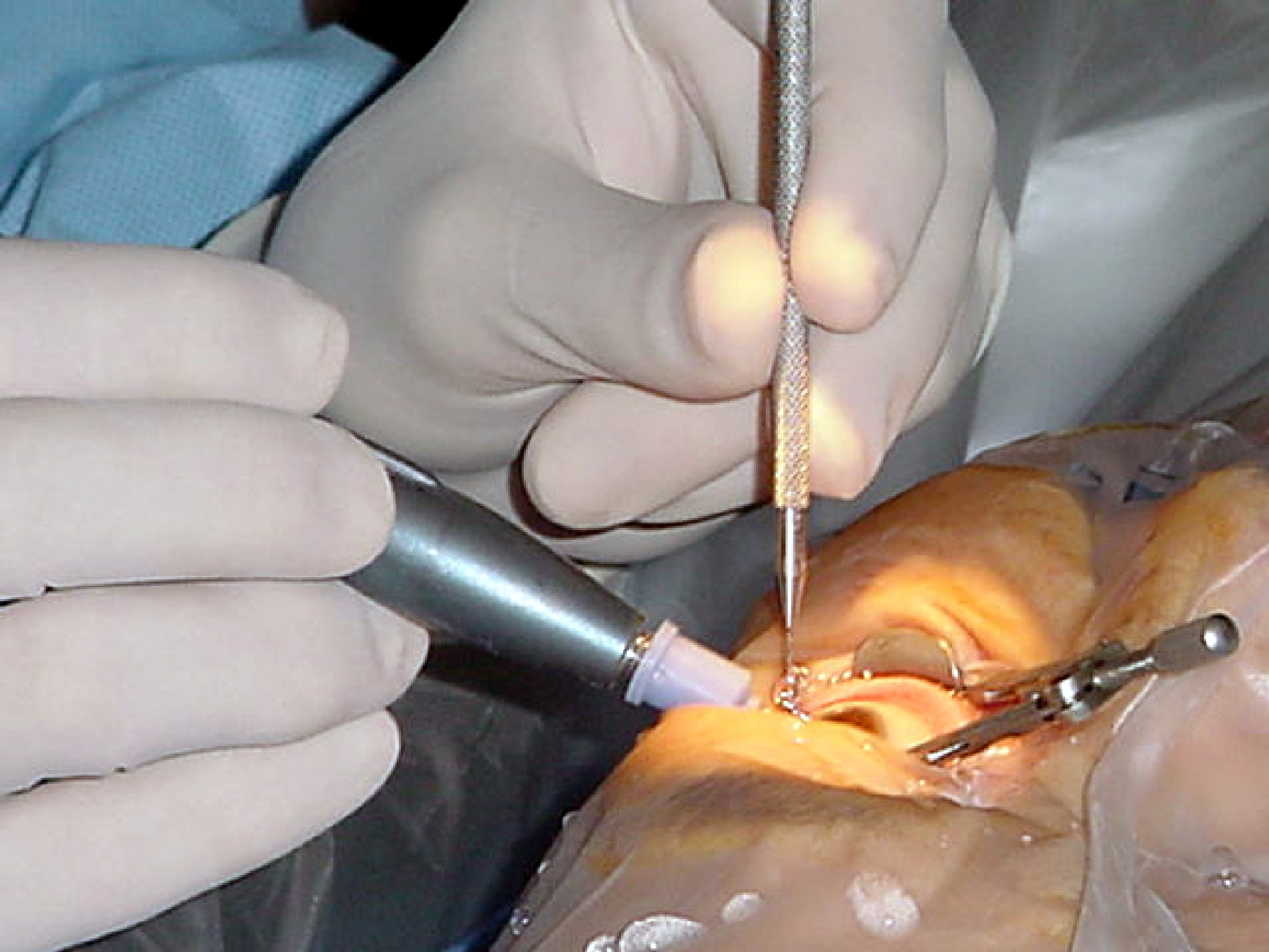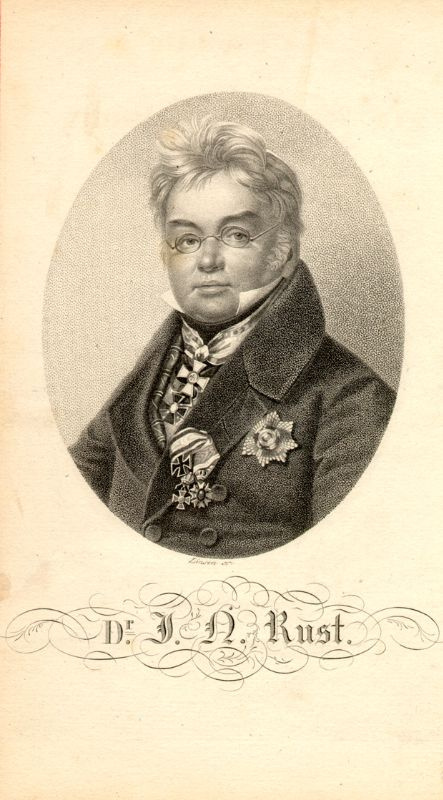|
Johann Christian Jüngken
Johann Christian Jüngken (12 June 1794, Burg bei Magdeburg – 9 September 1875, Hanover) was a German ophthalmologist and surgeon. He studied medicine and natural sciences at the University of Göttingen, where his instructors included Conrad Johann Martin Langenbeck and Karl Gustav Himly.ADB:Jüngken, Johann Christian In: Allgemeine Deutsche Biographie (ADB). Band 14, Duncker & Humblot, Leipzig 1881, S. 727–732. In 1815 he served as a volunteer hospital assistant in and , about which, he gained experience in the treatment of battle-inflicted wounds. While in ... [...More Info...] [...Related Items...] OR: [Wikipedia] [Google] [Baidu] |
Burg Bei Magdeburg
Burg (; also known as Burg bei Magdeburg to distinguish from other places with the same name) is a town of about 22,400 inhabitants on the Elbe–Havel Canal in northeastern Germany, northeast of Magdeburg. It is the capital of the Jerichower Land district in the state of Saxony-Anhalt. The town is known for its mediaeval churches and towers. Due to the numerous towers and steeples Burg also carries the sobriquet ''City of Towers''. Like other German towns and cities, Burg shows its connection to the Roland saga with a statue, which was restored in 1999. Etymology Although the name Burg has the same form as the German word ''Burg'' (castle), it is more likely that the name comes from the Slavic word ''bor'', meaning coniferous forest. Subdivisions The municipality Burg bei Magdeburg consists of the town Burg bei Magdeburg and the formerly independent municipalities Detershagen, Ihleburg, Niegripp, Parchau, Schartau and Reesen. Economy Burg formerly had the largest shoe ma ... [...More Info...] [...Related Items...] OR: [Wikipedia] [Google] [Baidu] |
Charité
The Charité – Universitätsmedizin Berlin (Charité – Berlin University of Medicine; ) is Europe's List of hospitals by capacity, largest university hospital, affiliated with Humboldt University of Berlin, Humboldt University and the Free University of Berlin. The Charité traces its origins to 1710. The complex is spread over four campuses and comprises around 3,000 beds, 15,500 staff, 8,000 students, and more than 60 operating theaters, and has a turnover of two billion euros annually. The modern history of medicine has been significantly influenced by scientists who worked at the Charité. Rudolf Virchow was the founder of cellular pathology, while Robert Koch developed vaccines for anthrax, cholera, and tuberculosis. For his life's work Koch is seen as one of the founders of modern medicine. More than half of all German Nobel Prize in Physiology or Medicine, Nobel Prize winners in Physiology or Medicine, including Emil von Behring, Robert Koch, and Paul Ehrlich, have ... [...More Info...] [...Related Items...] OR: [Wikipedia] [Google] [Baidu] |
German Surgeons
German(s) may refer to: * Germany, the country of the Germans and German things **Germania (Roman era) * Germans, citizens of Germany, people of German ancestry, or native speakers of the German language ** For citizenship in Germany, see also German nationality law **Germanic peoples (Roman era) *German diaspora * German language * German cuisine, traditional foods of Germany People * German (given name) * German (surname) * Germán, a Spanish name Places * German (parish), Isle of Man * German, Albania, or Gërmej * German, Bulgaria * German, Iran * German, North Macedonia * German, New York, U.S. * Agios Germanos, Greece Other uses * German (mythology), a South Slavic mythological being * Germans (band), a Canadian rock band * "German" (song), a 2019 song by No Money Enterprise * ''The German'', a 2008 short film * "The Germans", an episode of ''Fawlty Towers'' * ''The German'', a nickname for Congolese rebel André Kisase Ngandu See also * Germanic (disambiguati ... [...More Info...] [...Related Items...] OR: [Wikipedia] [Google] [Baidu] |
University Of Göttingen Alumni
A university () is an educational institution, institution of tertiary education and research which awards academic degrees in several Discipline (academia), academic disciplines. ''University'' is derived from the Latin phrase , which roughly means "community of teachers and scholars". Universities typically offer both undergraduate education, undergraduate and postgraduate education, postgraduate programs. The first universities in Europe were established by Catholic Church, Catholic monks. The University of Bologna (), Italy, which was founded in 1088, is the first university in the sense of: *being a high degree-awarding institute. *using the word (which was coined at its foundation). *having independence from the ecclesiastic schools and issuing secular as well as non-secular degrees (with teaching conducted by both clergy and non-clergy): grammar, rhetoric, logic, theology, canon law and notarial law.Hunt Janin: "The university in medieval life, 1179–1499", McFarland, 2 ... [...More Info...] [...Related Items...] OR: [Wikipedia] [Google] [Baidu] |
Academic Staff Of The Humboldt University Of Berlin
An academy (Attic Greek: Ἀκαδήμεια; Koine Greek Ἀκαδημία) is an institution of tertiary education. The name traces back to Plato's school of philosophy, founded approximately 386 BC at Akademia, a sanctuary of Athena, the goddess of wisdom and skill, north of Athens, Greece. The Royal Spanish Academy defines academy as scientific, literary or artistic society established with public authority and as a teaching establishment, public or private, of a professional, artistic, technical or simply practical nature. Etymology The word comes from the ''Academy'' in ancient Greece, which derives from the Athenian hero, '' Akademos''. Outside the city walls of Athens, the gymnasium was made famous by Plato as a center of learning. The sacred space, dedicated to the goddess of wisdom, Athena, had formerly been an olive grove, hence the expression "the groves of Academe". In these gardens, the philosopher Plato conversed with followers. Plato developed his sessi ... [...More Info...] [...Related Items...] OR: [Wikipedia] [Google] [Baidu] |
People From Burg Bei Magdeburg
The term "the people" refers to the public or common mass of people of a polity. As such it is a concept of human rights law, international law as well as constitutional law, particularly used for claims of popular sovereignty. In contrast, a people is any plurality of persons considered as a whole. Used in politics and law, the term "a people" refers to the collective or community of an ethnic group or nation. Concepts Legal Chapter One, Article One of the Charter of the United Nations states that "peoples" have the right to self-determination. Though the mere status as peoples and the right to self-determination, as for example in the case of Indigenous peoples (''peoples'', as in all groups of indigenous people, not merely all indigenous persons as in ''indigenous people''), does not automatically provide for independent sovereignty and therefore secession. Indeed, judge Ivor Jennings identified the inherent problems in the right of "peoples" to self-determination, as i ... [...More Info...] [...Related Items...] OR: [Wikipedia] [Google] [Baidu] |
1875 Deaths
Events January * January 1 – The Midland Railway of England abolishes the Second Class passenger category, leaving First Class and Third Class. Other British railway companies follow Midland's lead during the rest of the year (Third Class is renamed Second Class in 1956). * January 5 – The Palais Garnier, one of the most famous opera houses in the world, is inaugurated as the home of the Paris Opera. * January 12 – Guangxu becomes the 11th Qing dynasty Emperor of China at the age of 3. He succeeds his cousin, the Tongzhi Emperor, who had no sons of his own. * January 14 – The newly proclaimed King Alfonso XII of Spain (Queen Isabella II's son) arrives in Spain to restore the monarchy during the Third Carlist War. * January 24 – Camille Saint-Saëns' orchestral ''Danse macabre'' receives its première. February * February 3 – Third Carlist War: Battle of Lácar – Carlist commander Torcuato Mendíri secures a brilliant victory, w ... [...More Info...] [...Related Items...] OR: [Wikipedia] [Google] [Baidu] |
1794 Births
Events January–March * January 1 – The Stibo Group is founded by Niels Lund as a printing company in Aarhus (Denmark). * January 13 – The U.S. Congress enacts a law providing for, effective May 1, 1795, a United States flag of 15 stars and 15 stripes, in recognition of the recent admission of Vermont and Kentucky as the 14th and 15th states. A subsequent act restores the number of stripes to 13, but provides for additional stars upon the admission of each additional state. * January 21 – King George III of Great Britain delivers the speech opening Parliament and recommends a continuation of Britain's war with France. * February 4 – French Revolution: The National Convention of the French First Republic abolishes slavery. * February 8 – Wreck of the Ten Sail on Grand Cayman. * February 11 – The first session of the United States Senate is open to the public. * March 4 – The Eleventh Amendment to the United States Cons ... [...More Info...] [...Related Items...] OR: [Wikipedia] [Google] [Baidu] |
Eye Surgery
Eye surgery, also known as ophthalmic surgery or ocular surgery, is surgery performed on the eye or its adnexa. Eye surgery is part of ophthalmology and is performed by an ophthalmologist or eye surgeon. The eye is a fragile organ, and requires due care before, during, and after a surgical procedure to minimize or prevent further damage. An eye surgeon is responsible for selecting the appropriate surgical procedure for the patient, and for taking the necessary safety precautions. Mentions of eye surgery can be found in several ancient texts dating back as early as 1800 BC, with cataract treatment starting in the fifth century BC. It continues to be a widely practiced class of surgery, with various techniques having been developed for treating eye problems. Preparation and precautions Since the eye is heavily supplied by nerves, anesthesia is essential. Local anesthesia is most commonly used. Topical anesthesia using lidocaine topical gel is often used for quick procedures ... [...More Info...] [...Related Items...] OR: [Wikipedia] [Google] [Baidu] |
Chloroform
Chloroform, or trichloromethane (often abbreviated as TCM), is an organochloride with the formula and a common solvent. It is a volatile, colorless, sweet-smelling, dense liquid produced on a large scale as a precursor to refrigerants and polytetrafluoroethylene (PTFE). Chloroform was once used as an inhalational anesthetic between the 19th century and the first half of the 20th century. It is miscible with many solvents but it is only very slightly soluble in water (only 8 g/L at 20°C). Structure and name The molecule adopts a tetrahedral molecular geometry with C3v symmetry. The chloroform molecule can be viewed as a methane molecule with three hydrogen atoms replaced with three chlorine atoms, leaving a single hydrogen atom. The name "chloroform" is a portmanteau of ''terchloride'' (tertiary chloride, a trichloride) and ''formyle'', an obsolete name for the methylylidene radical (CH) derived from formic acid. Natural occurrence Many kinds of seaweed produce chlor ... [...More Info...] [...Related Items...] OR: [Wikipedia] [Google] [Baidu] |
Johann Nepomuk Rust
Johann Nepomuk Rust (5 April 1775 – 9 October 1840) was an Austrian surgeon and military physician born at Jánský Vrch, Javorník (Jeseník District), Javorník, Austrian Silesia (today in the Czech Republic). Biography He studied medicine in Prague, earning his degree in obstetrics in 1799 and a doctorate in surgery in 1800. Afterwards he worked briefly in Vienna and Paris, and later taught classes at the Palacký University of Olomouc, Lyceum in Olomouc. From 1803 to 1810 he was a professor of surgery at the University of Kraków, where he established a local surgical clinic. In 1810 he was named chief surgeon at the ''Allgemeines Krankenhaus'' in Vienna. [...More Info...] [...Related Items...] OR: [Wikipedia] [Google] [Baidu] |
Karl Ferdinand Von Graefe
Karl may refer to: People * Karl (given name), including a list of people and characters with the name * Karl der Große, commonly known in English as Charlemagne * Karl of Austria, last Austrian Emperor * Karl (footballer) (born 1993), Karl Cachoeira Della Vedova Júnior, Brazilian footballer * Karl (surname) In myth * Karl (mythology), in Norse mythology, a son of Rig and considered the progenitor of peasants (churl) * ''Karl'', giant in Icelandic myth, associated with Drangey island Vehicles * Opel Karl, a car * ST ''Karl'', Swedish tugboat requisitioned during the Second World War as ST ''Empire Henchman'' Other uses * Karl, Germany, municipality in Rhineland-Palatinate, Germany * '' Karl-Gerät'', AKA Mörser Karl, 600mm German mortar used in the Second World War * KARL project, an open source knowledge management system * Korean Amateur Radio League, a national non-profit organization for amateur radio enthusiasts in South Korea * KARL, a radio station in Minnesota ... [...More Info...] [...Related Items...] OR: [Wikipedia] [Google] [Baidu] |








